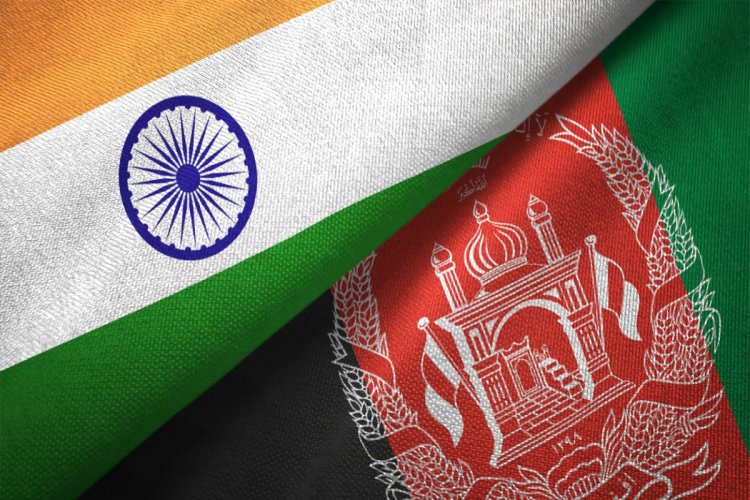Four Geopolitical Developments: Opportunity for India
STORIES, ANALYSES, EXPERT VIEWS

Four key developments in the past few weeks, add up to a significant shift in regional and global geopolitics. Taken together, writes Shyam Saran (former foreign secretary and senior fellow, CPR), they present India with both risks but also with opportunities with the latter outweighing the risks.
These are one, the withdrawal of US and NATO forces from Afghanistan and the complete takeover of the country by the Taliban; two, significant domestic political changes in China, including the ideological and regulatory assault against its dynamic private high-tech companies and now its real estate companies; three, the announcement of the Australia-UK and US (AUKUS); and four, the convening of the four-nation (India, Australia, Japan and the US) Quad physical summit in Washington.
Taliban in Afghanstan
“The Afghan situation is a setback for India in the short run,” considering the “Taliban government is dominated by more hardline and pro-Pakistani elements…. In the longer run, it seems unlikely that the Taliban will give up its obscurantist and extremist agenda. This may lead to domestic inter-ethnic and sectarian conflict. The unwillingness of the Taliban to cut its links with various jihadi groups, including those targeting Afghanistan’s neighbours, may revive regional and international fears over cross-border terrorism. This would deny both Pakistan and China the anticipated payoff from the US withdrawal.”
India’s response, suggests Saran “should be to bide its time, strengthen its defences against an uptick in cross-border terrorism, keep its faith with the ordinary people of Afghanistan, provide shelter to those who have sought refuge and join in any international effort to deliver humanitarian assistance to the people of Afghanistan.”
Domestic political change in China
This “is taking an ideological and populist direction…….This is leading to deepening concern among foreign investors…….It is not coincidental that while in Washington, Prime Minister Narendra Modi had meetings with the CEOs of Blackstone and Qualcomm, both of which are heavily invested in China but are reconsidering their exposure there. If India plays its cards well, this time round there could be significant capital and technology flows from the US, Japan and Europe diverted towards India because it offers scale comparable to China.”
Even as “there are no political constraints on such flows, the constraints are policy unpredictability, regulatory rigidities and bureaucratic red tape in India…..”
Take advantage of the economic window: Saran suggests “India should consider rejoining the Regional Comprehensive Economic Partnership (RCEP). In addition, applying to join the more ambitious Comprehensive and Progressive Trans-Pacific Partnership (CPTPP) would signal India’s determination to play itself back into the centre of the Asian economy. India should also revive its application to join the Asia-Pacific Economic Cooperation (APEC), the third economic pillar of the regional economy. Some bold initiatives are required to take advantage of the window of opportunity that has opened……”
AUKUS and QUAD
To the extent that China becomes more preoccupied with threats on its eastern flank from AUKUS and the Quad, “it could move to reduce tensions on its western flank, chiefly with India. Whether this is possible requires careful probing through continued engagement with China at different levels. This is a diplomatic challenge which we are well equipped to handle. The AUKUS is useful since it has now become the core of the US’s Indo-Pacific strategy. China will be more focused on its activities. The Quad now represents, from the Chinese perspective, a second order threat. This suits us since we are not ready to embrace a full-fledged military alliance which will constrain our room for manoeuvre.”
Note of caution: This scenario could change, rapidly, cautions Saran. “The nuclear submarines for Australia may not be built and deployed for several years. We may, therefore, be entering a period of enhanced uncertainty and danger in the Indo-Pacific. India should not be caught off guard. Failure of deterrence in the Indo-Pacific will have consequences beyond the region and change the geopolitical context for India.”
















